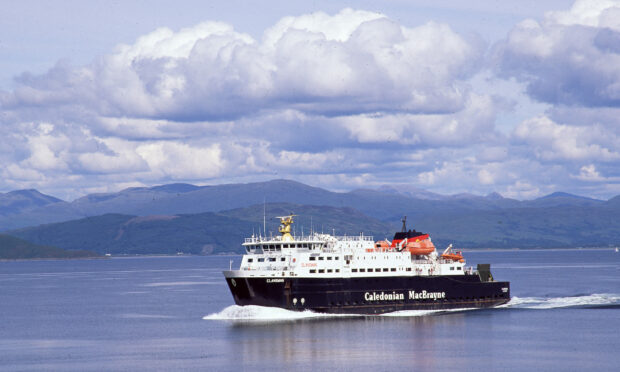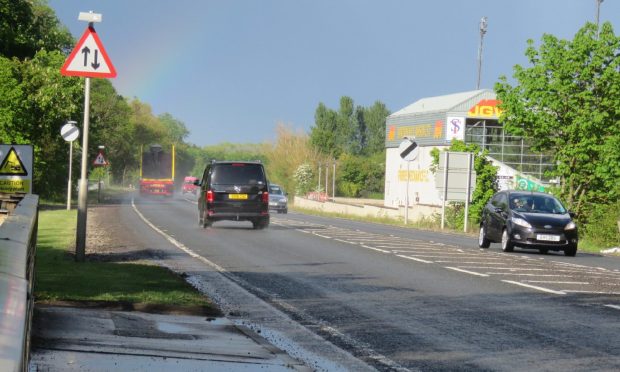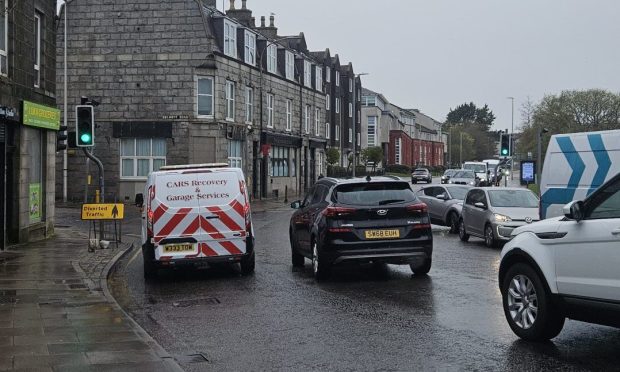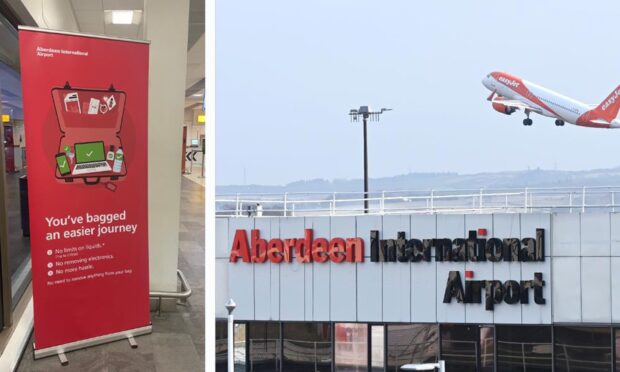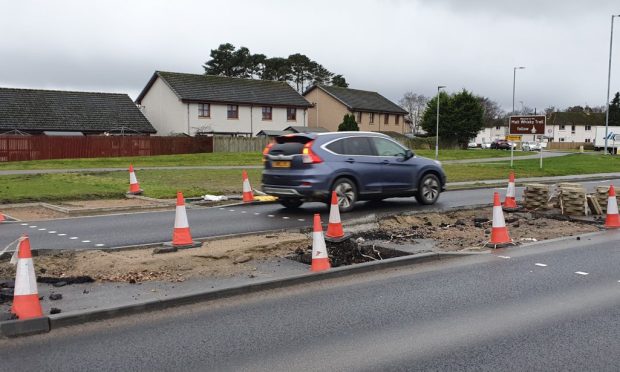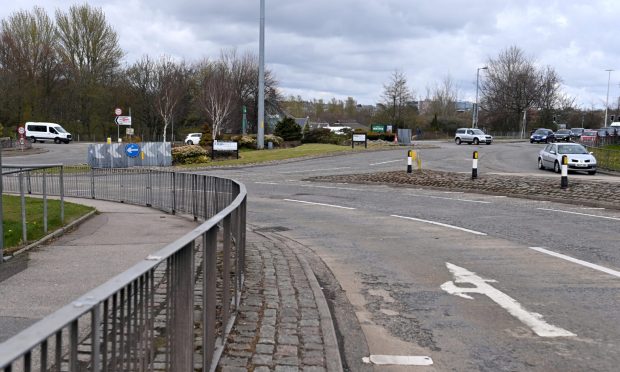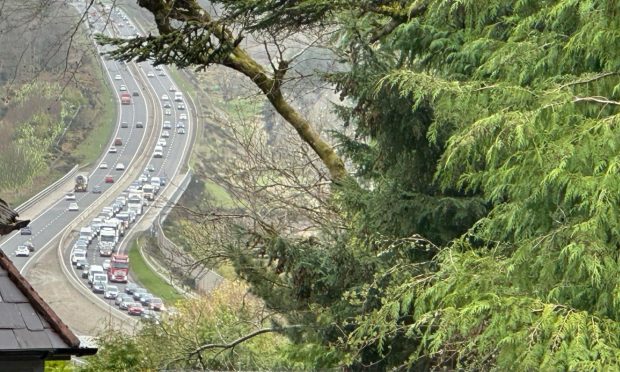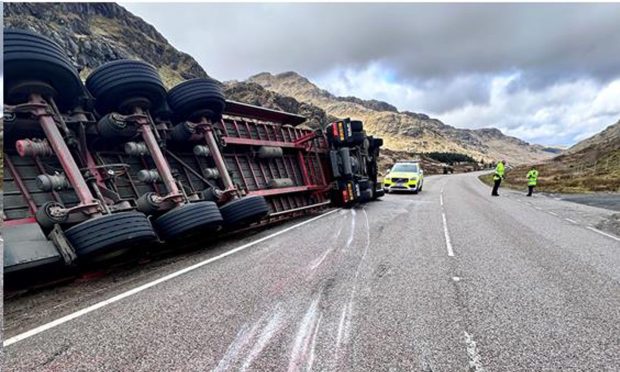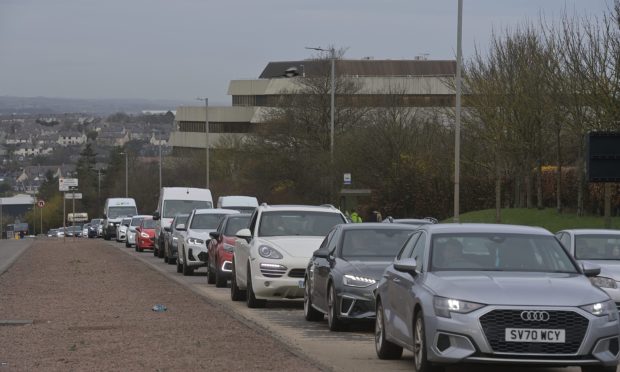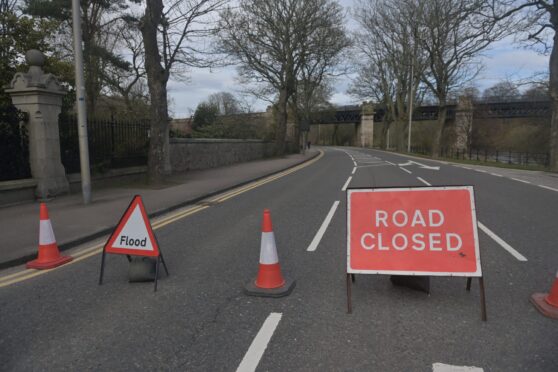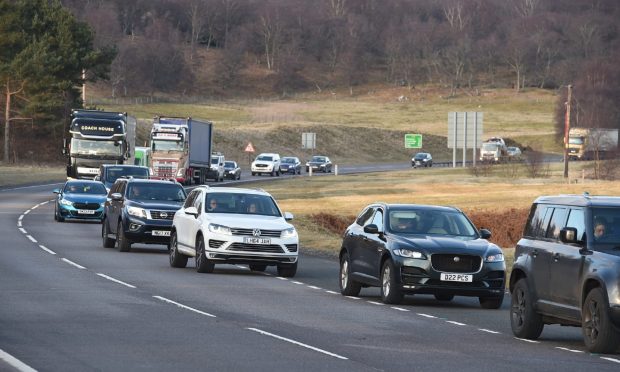Shock figures have revealed that the number of CalMac ferry sailings hit by delays has more than doubled in the last decade.
There has been a 119% rise in the number of services delayed, while the number of cancellations on the network has soared by almost half.
The data was branded “astonishing” last night and emerged amid growing anger at the reliability of the lifeline services.
The figures showed that there was a 10% rise in delays from 2016/17 to last year, with the highest levels of disruption in more than a decade recorded on 15 of the 29 routes.
Cancellations were up 23% on the year before, although there were more overall in both 2014/15 and 2015/16.
Among the hardest hit routes have been Uig to Tarbert and Lochmaddy, where there has been around a seven-fold increase in both delays and cancellations between 2007/08 and last year.
Delays on four of the six routes from Oban – to Colonsay, Castlebay, Coll/Tiree and Lochboisdale – were all up by more than 145% in the period, while cancellations on the Oban to Lismore route had doubled.
And the number of delays on the key Ullapool to Stornoway route trebled in the last decade, although cancellations have generally been falling, despite a rise between 2016/17 and 2017/18.
Across Scotland, there were 34,124 delayed services and 39,314 cancellations since 2007/08.
The Scottish Conservatives, who obtained the figures under freedom of information laws ahead of a Holyrood debate on ferry services today, said it amounted to the equivalent to around 117 sailings a week having been delayed or cancelled.
The party’s transport spokesman Jamie Greene said: “SNP management of the ferries has been nothing short of disastrous.
“This astonishing level of delay and cancellation must be extremely inconvenient to local residents and tourists and highlights the poor service that many islanders are receiving as a result of sustained underinvestment in our port and ferry infrastructure under the SNP.
“CalMac has admitted there is very little resilience within the fleet nor does there appear to be any long term planning.
“As things stand the situation is nearing crisis point during the summer season and ultimately island communities will be let down when things go wrong.”
Last month, the boss of the firm which owns CalMac ferries and harbours, said about £23.5 million a year was currently being spent on such assets, when £50 million was needed.
CalMac declined to comment last night, but managing director Robbie Drummond recently told MPS that the problems were in part caused by its “success”, with traffic on the network having grown by 37% over the last five years.
A Scottish Government spokesman said £1.2billion had been invested in the Clyde and Hebrides Ferry Services network over the last decade.
He said: “This investment has included new routes, new vessels, upgraded harbour infrastructure, as well as the roll out of significantly reduced fares through the Road Equivalent Tariff scheme. These improvements have helped drive passenger growth and CalMac now carries 5.2 million people (up 16.7% since 2012) and 1.4 million vehicles on an annual basis.
“Since October 2007, CalMac has operated over 1.4 million sailings with 95% of those services operating to timetable. Ferry travel has its own distinct challenges, with difficult weather conditions the cause of cancellations in the large majority of situations. Any impact on services is regrettable but Masters have a duty to ensure the safety of passengers above other considerations.
“We acknowledge the frustration of customers during the recent periods of disruption and are taking actions to address these concerns by continuing to invest in new ferries for the fleet, improving harbour facilities, and developing an action plan to tackle resilience issues on the network. We remain absolutely committed to supporting these vital transport links and helping the continued socio-economic development of our remote and island communities.”
